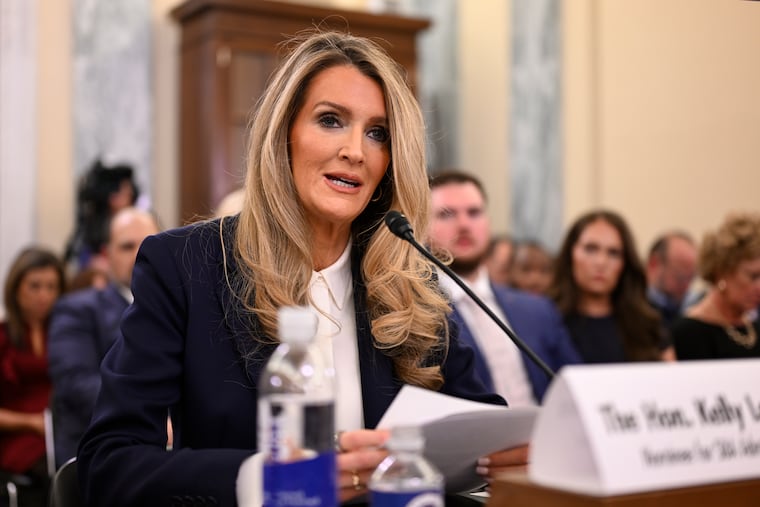Small business owners confront challenges amid an unpredictable economic landscape.
The impact of President Donald Trump’s economic policies on small businesses has been a subject of considerable speculation. Currently, the landscape of small business in the United States reveals a mixed outlook. According to reports, there are approximately 33 million small businesses nationwide, with over one million located in Pennsylvania. Given the diversity within this sector, generalizations about their performance can be challenging. However, recent data sheds light on the sentiment, confidence, and activity levels among small businesses both nationally and within the local context.
The National Federation of Independent Business (NFIB) reported a decline in its Small Business Optimism Index, which fell just below its 51-year average in March. Notably, the Uncertainty Index reached its second-highest level ever. Bill Dunkelberg, chief economist for NFIB and dean at Temple University’s Fox School of Business, indicated that the introduction of new policy priorities has contributed to the rising uncertainties small-business owners face. Consequently, many are adjusting their expectations regarding sales growth.
Supporting these sentiments, the U.S. Chamber of Commerce’s quarterly Small Business Index survey also indicated a dip in confidence, with the proportion of owners expressing concerns about revenues hitting the highest levels since 2021. Despite these drops in confidence, nearly two-thirds of small business owners reported their financial health as either “excellent” or “good,” with a stable view of both the national and local economies.
Further insights from Fiserv, a global payments and financial services firm, indicated a notable increase in small retailer sales driven by strong demand, particularly in the services sector and restaurant foot traffic, marking a 5.5% increase in sales in February alone.
On a local level, the Federal Reserve Bank of Philadelphia’s recent “Beige Book” highlighted slight declines in business activity, though consumer spending among retailers showed little to no significant change. Manufacturing within the region reported modest activity levels, with a majority of firms stating stable conditions.
The Intuit QuickBooks Small Business Index, which aggregates data from numerous small businesses, indicated a slight decrease in average monthly revenues nationally; however, Pennsylvania experienced an increase of 1.4%. Additionally, about 70% of small businesses in the region declared their operations as “good health” or expressed comfort with their cash flow, suggesting a more favorable sentiment compared to other regions.
Employment trends also paint a mixed picture. The Intuit QuickBooks index showed a decrease in employment figures for small businesses, but the Philly Fed noted an increase in its employment index, signaling a contradiction where firms appear hesitant to expand their workforce amid ongoing economic uncertainty.
As businesses navigate this complex climate, experts caution that heightened uncertainties—as influenced by tariffs and evolving trade policies—could further challenge small business operations. While some underlying indicators of growth and optimism remain, the overarching sentiment reflects the jagged reality of an unsettled economic landscape, particularly for small businesses.







